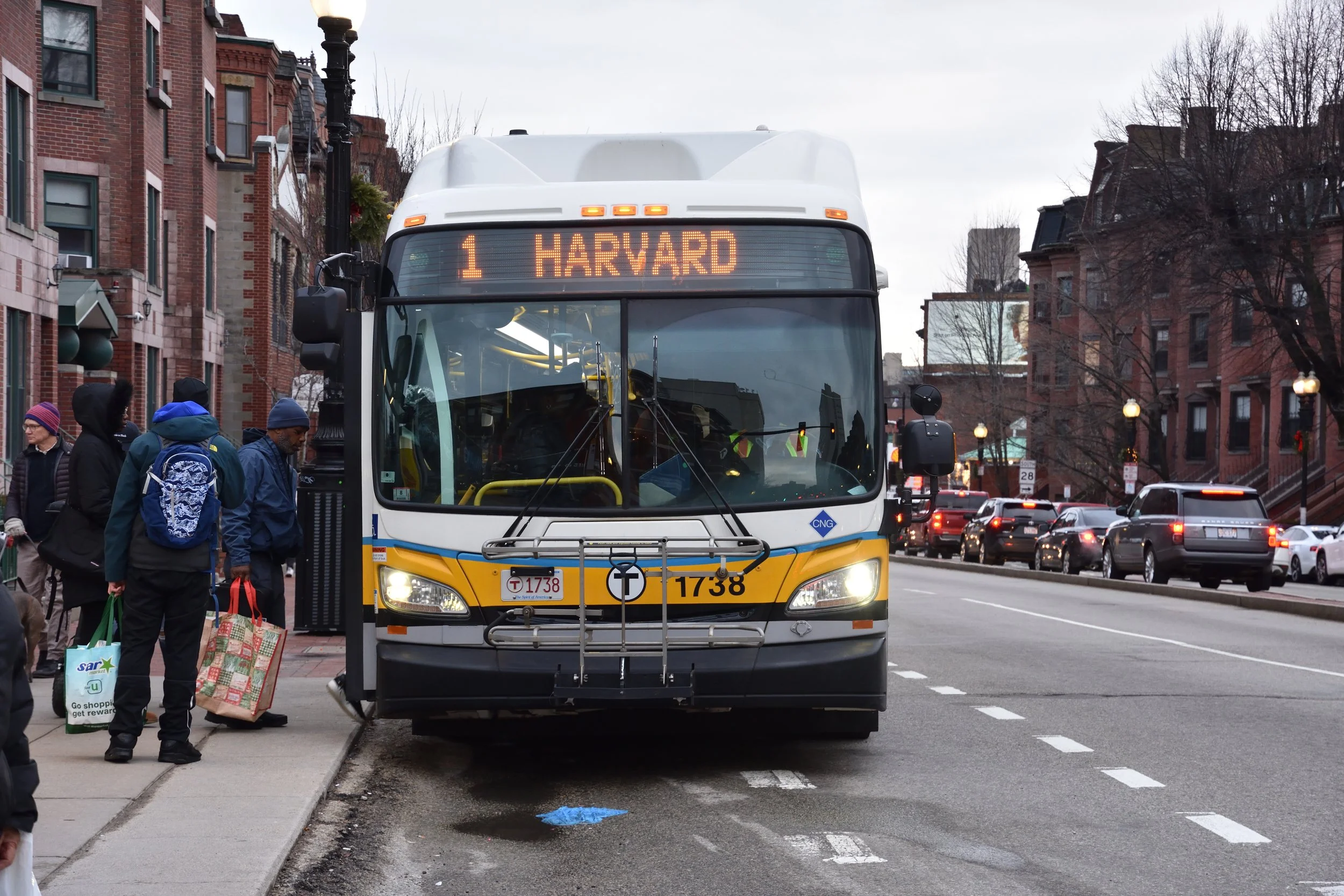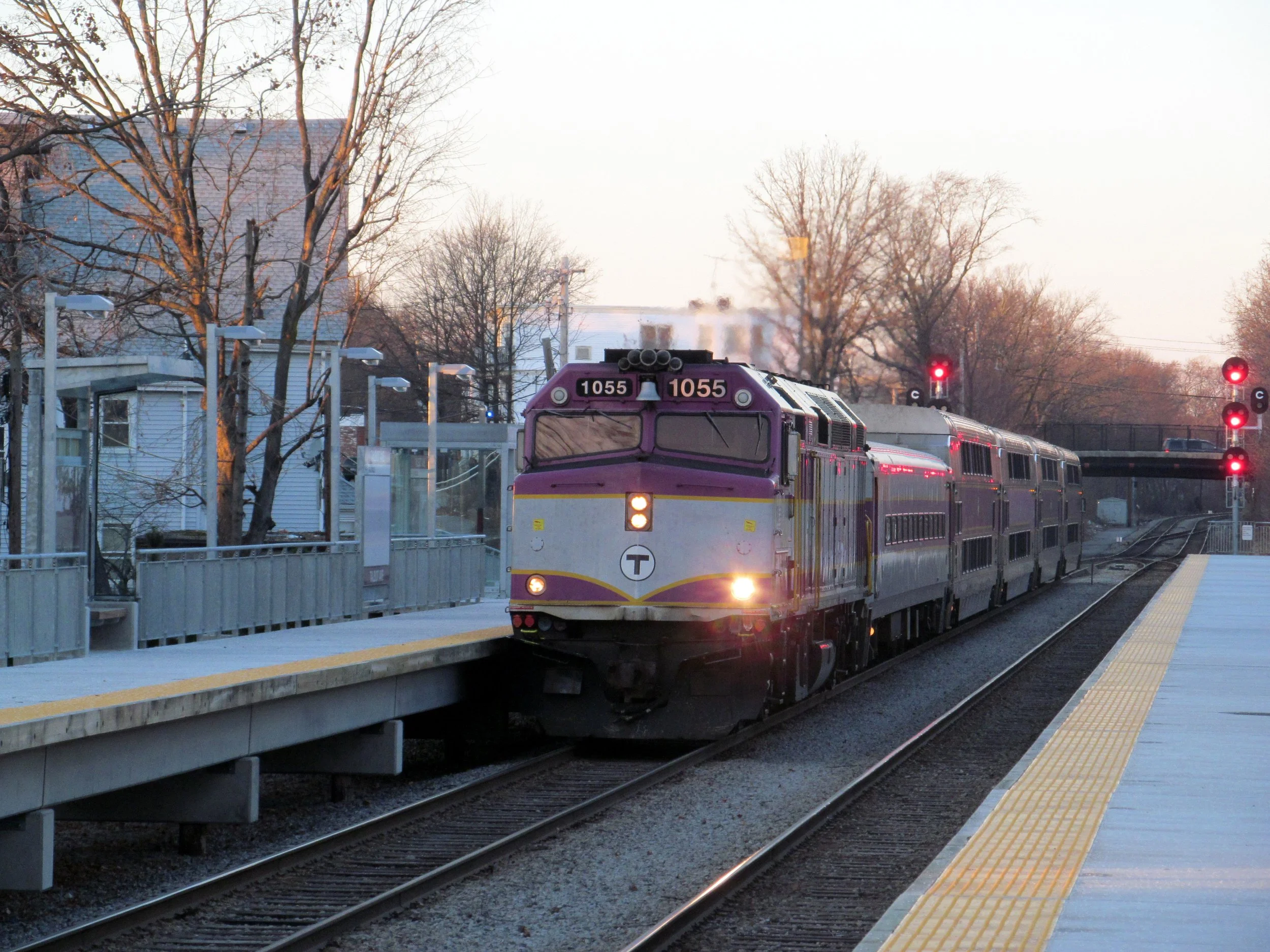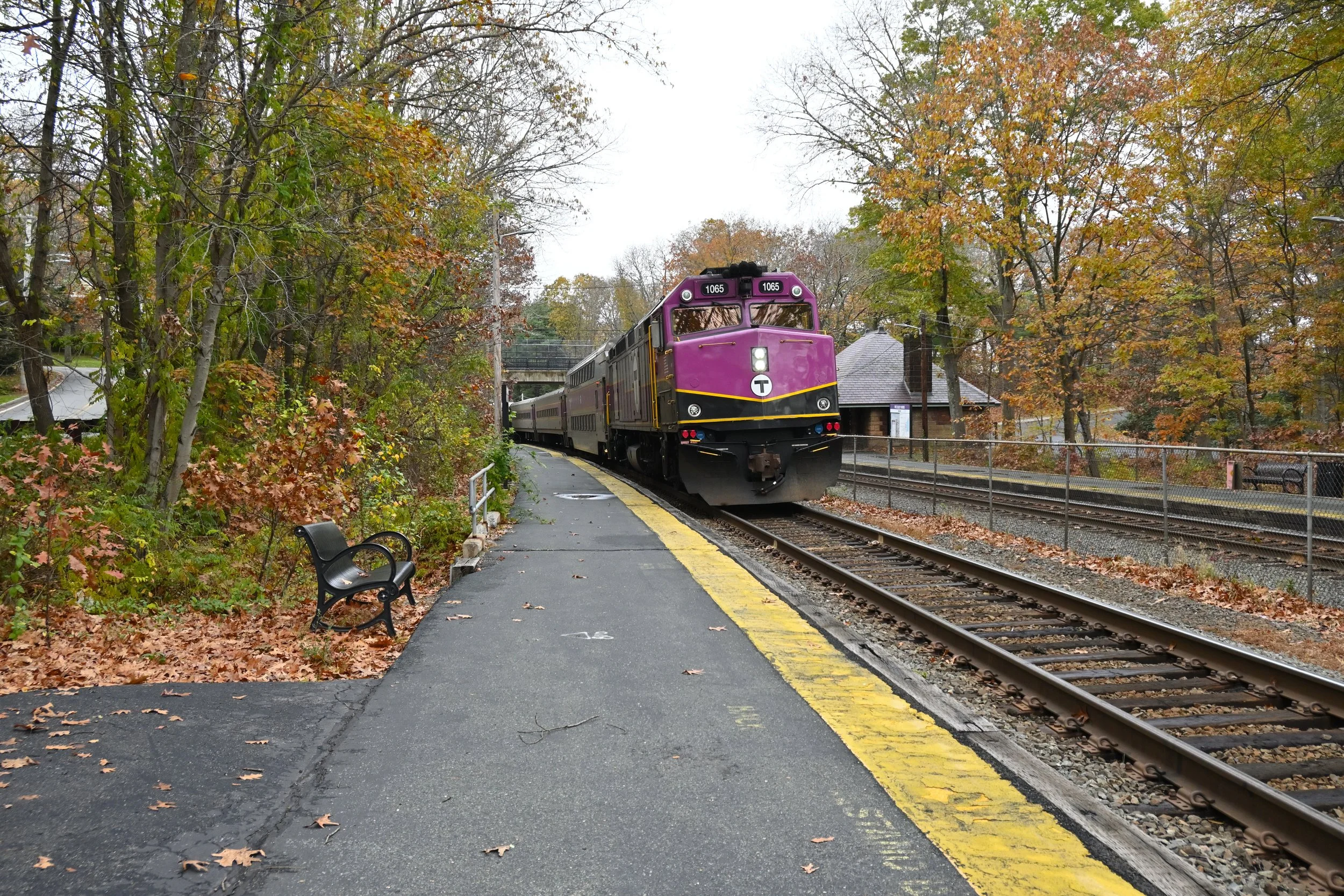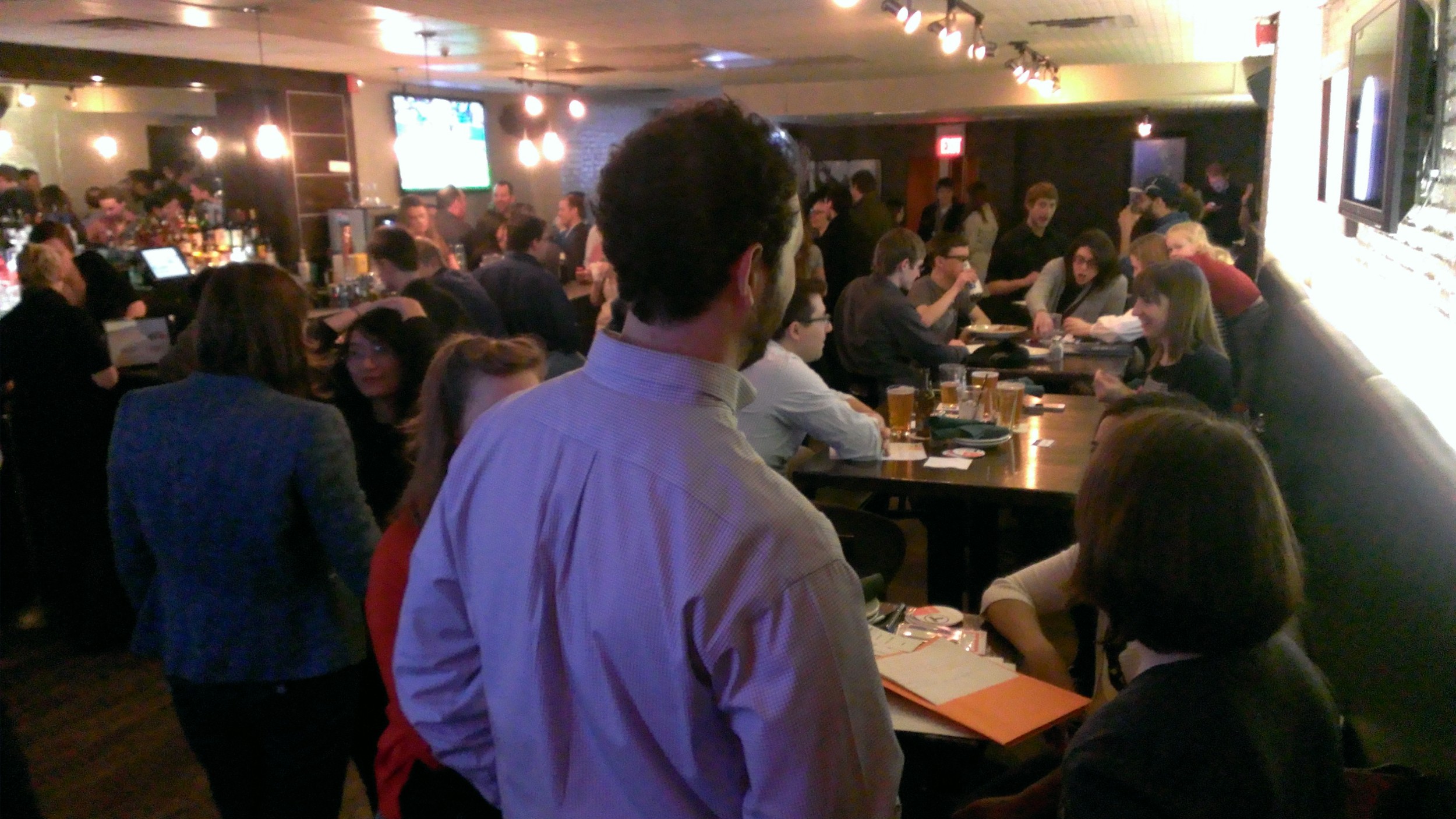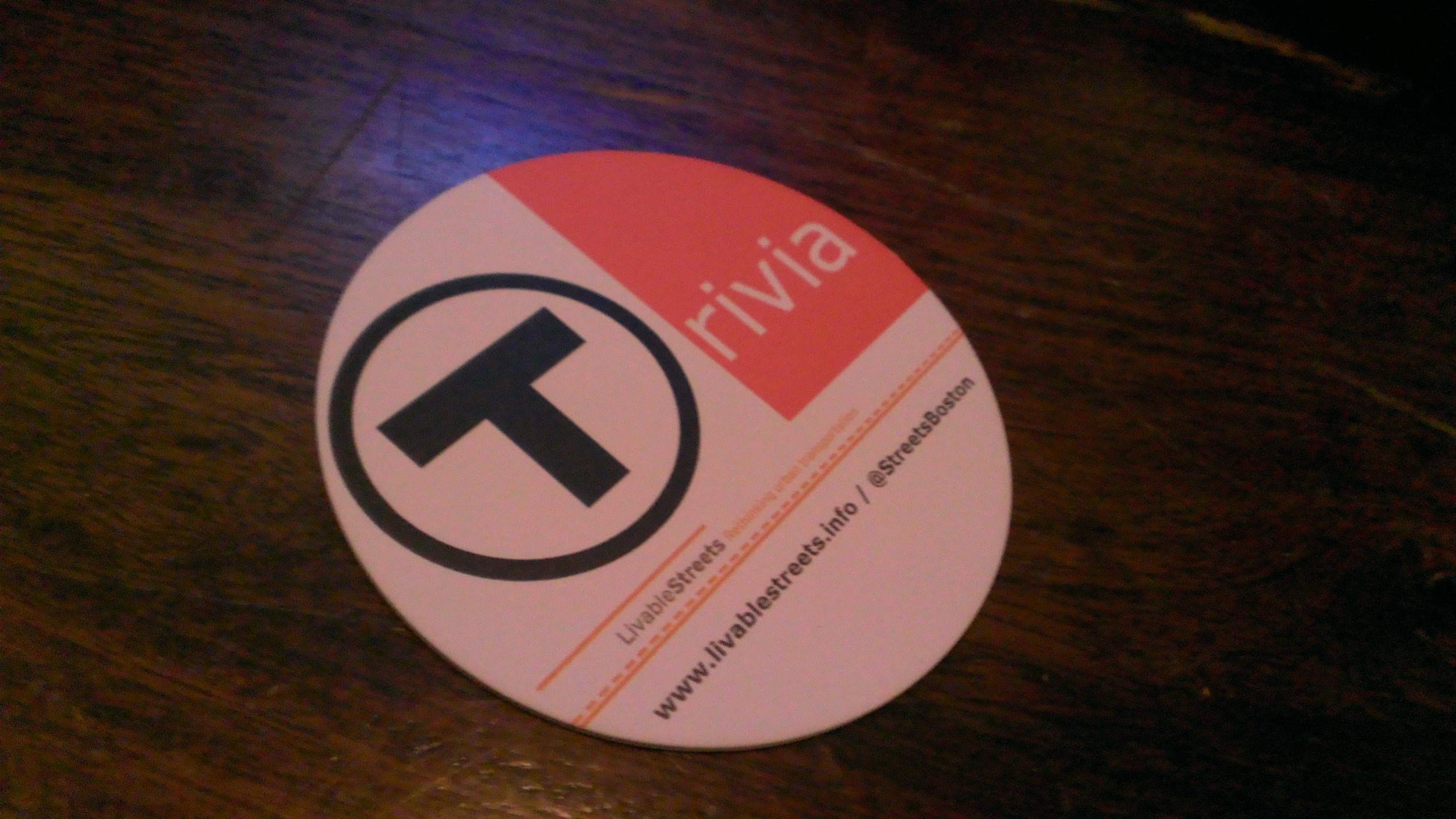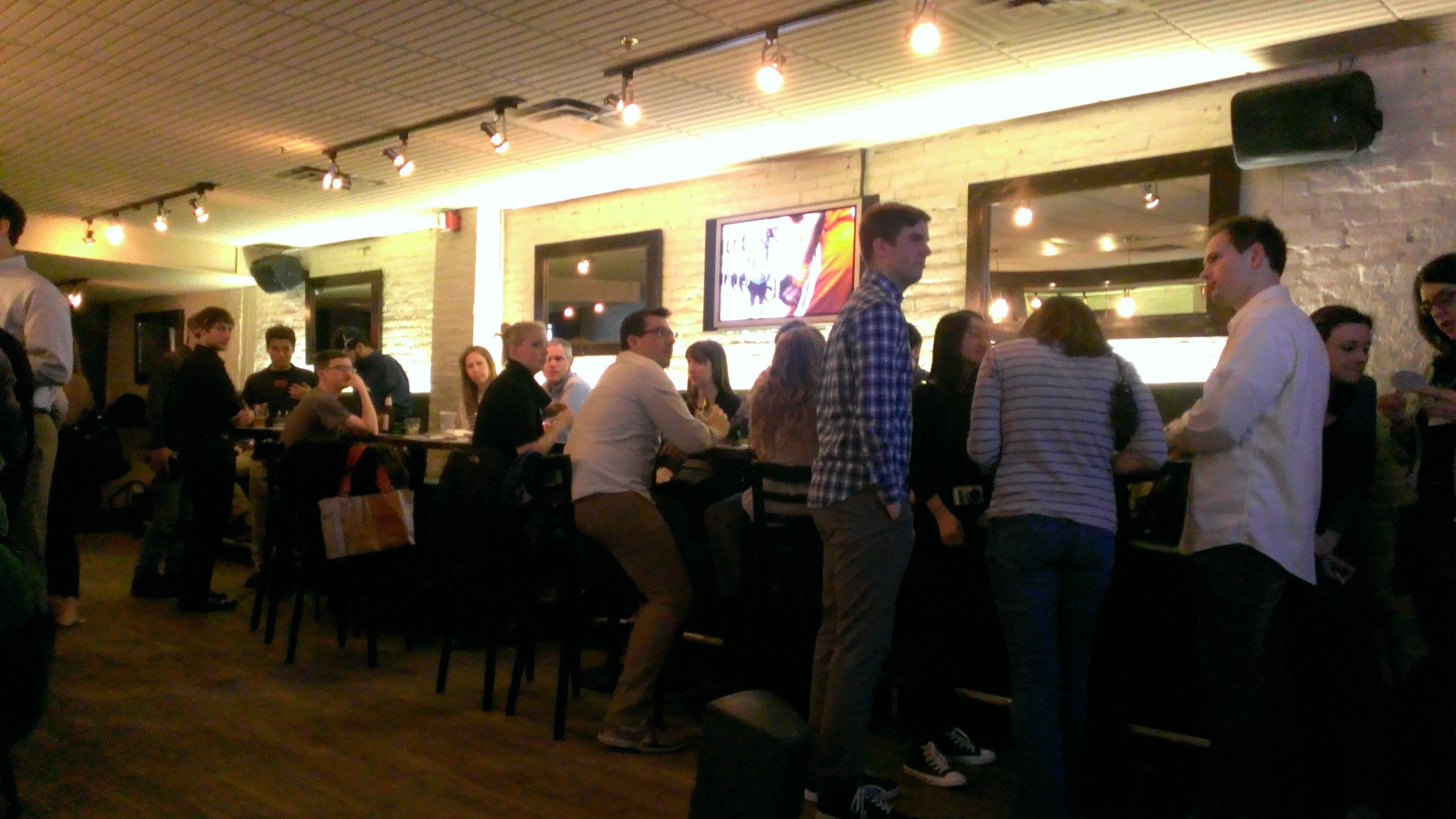The LivableStreets Alliance recently hosted an event featuring ten speakers on various transportation and urban design topics. Episode 7a is our recap and analysis of the event. More info and the full list of speakers via LivableStreets. A few of the questions we considered in this show:
- What kind of transformative changes should be part of the GoBoston 2030 plan if it is to address the worsening housing and transportation crises?
- Are "complete streets" obsolete? Should we create single-mode streets? What are the economic implications of street design decision?
- Where and when can we introduce "gold standard" bus rapid transit (BRT) in Boston?
- How can we welcome new Youth Pass and University Pass users on a transit system already over capacity? What challenges and opportunities arise from having more students use public transportation?
- Can tech-focused private transit operators help to improve or supplement transit?
- Can aesthetics and recreation become key elements of urban design rather than an afterthought for the space "leftover" after movement is provided for?
- Frustrated by the slow speed of working within established planning processes? Why not build a DIY demonstration project to show people the benefits right away and build political support for more significant improvements. And how can we do it for transit?
Read more about the podcast and send us your questions, comments and ideas for topics or guests >> contact us. Or share your thoughts on anything we discussed in the comments below. Find us at the Transit Matters station or on Twitter: Marc, Josh, Jeremy. Follow Jeremy for selected highlights and musings from this week's annual conference of the Transportation Research Board.
The Transit Matters Podcast is your source for transportation news, analysis, interviews and more. We focus on sustainable transportation planning, operations and policies in Boston and beyond. Transit Matters is a joint project of local transit enthusiasts Marc Ebuña, Jeremy Mendelson and Josh Fairchild.
Like this project? Share it around, tell your friends and colleagues, and subscribe to the RSS feed (iTunes) to be notified of new posts and episodes.

